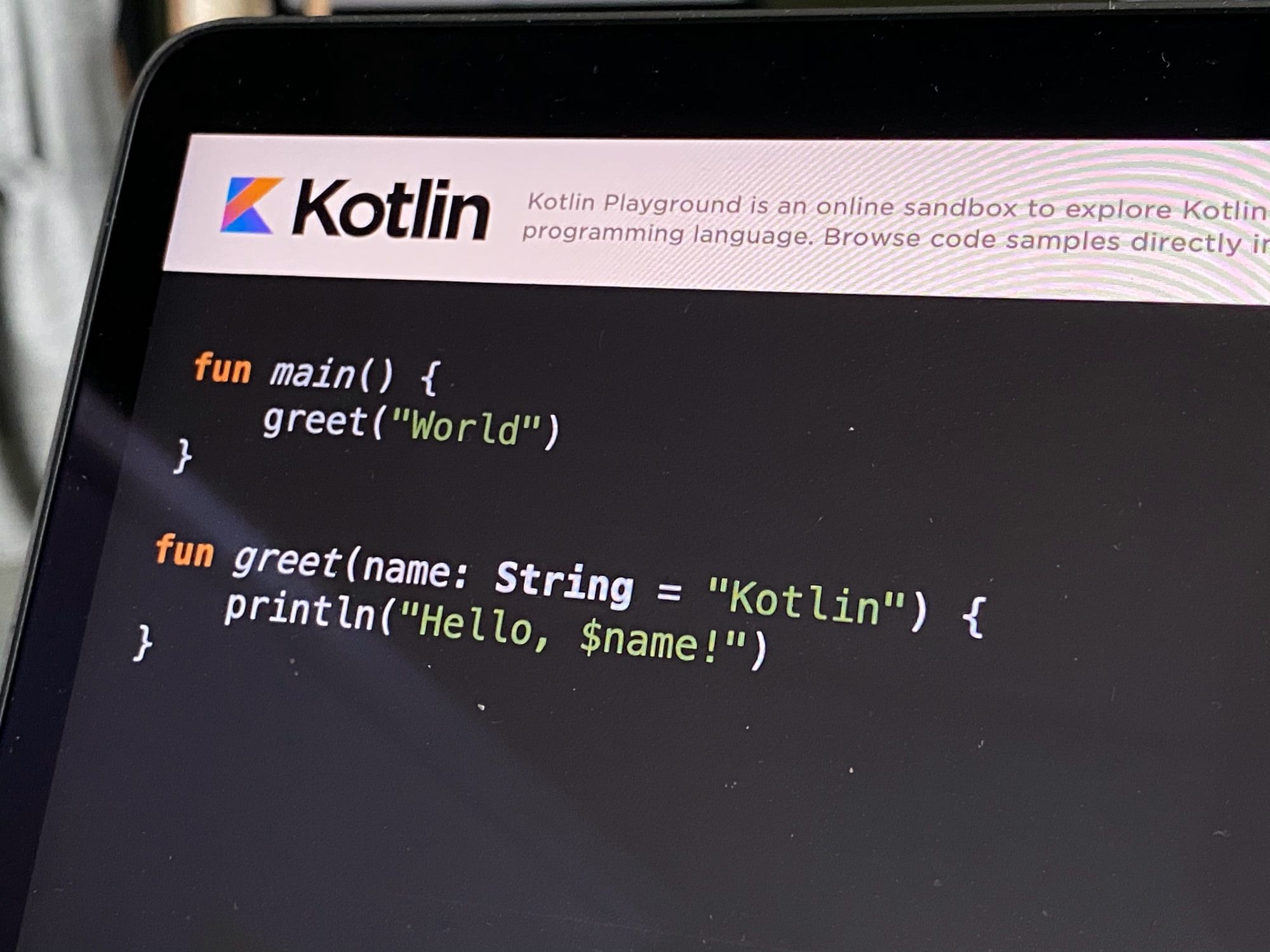

Assume you have a webview and want to set it setting’s values if the setting is not null. i just want to throw exception if any attribute of data class or the Request itself becomes null. In this variant the mutable variables are assigned to immutable val. The reason you check for a variable is null or not, most likely you want to access it’s content. i dont want the data class Request or its attributes to be null at all, i went through the Null safetyKotlin. A house with just a ground floor is 0, a multistory office building could have 10 floors, and an underground bunker could have -30 floors.There are several solutions to this problem which are presented below. But at the same time, in this case, it is very likely that the doSomething() method will only do something and not return anything. The problem here is there is no good default value. Update: As mentioned by franta on the comments, if the method doSomething() returns null, then the code on the right side of the elvis operator will be executed, which might not be the desired case for most. Here we have a class to represent a physical building and we want to store the number of floors which we get from calling an API (not shown). The ability to change from null to never null might seem to be impossible but Kotlin has two ways to do the impossible.īefore we look at the two solutions, let us look at a non-working example. The problem though is that sometimes we do not know what we want the value to be when we initialise the value and we know that when we use it we don't want to worry about nulls.


This follows the introduction to the by operator and delegatesĪ lot of introductions to Kotlin start with how null is opt-in because that makes it safer, we even looked at this way back in post 8.If you want to read more, see our series index This is the 30th post in a multipart series.


 0 kommentar(er)
0 kommentar(er)
